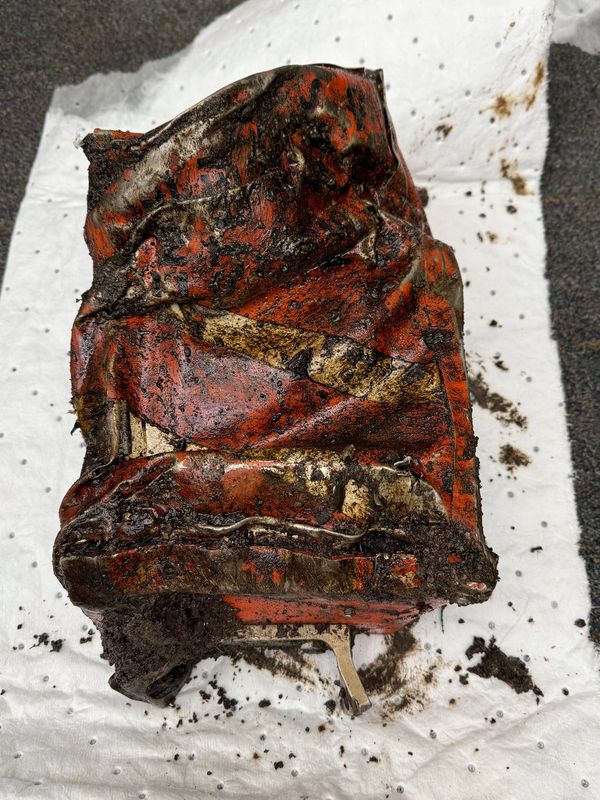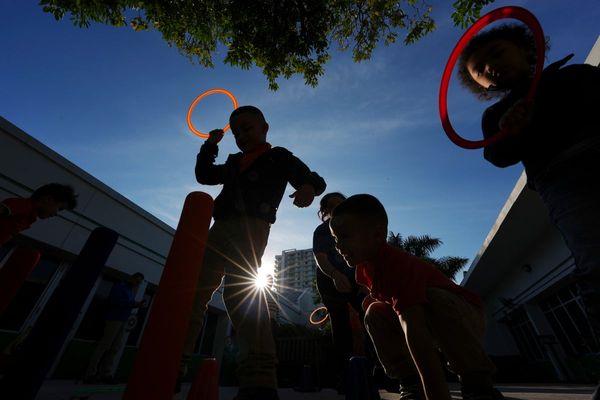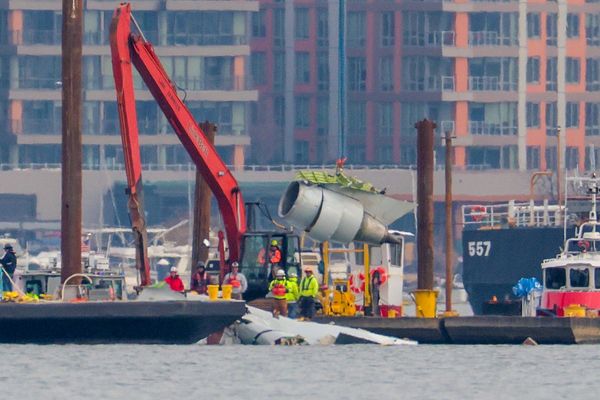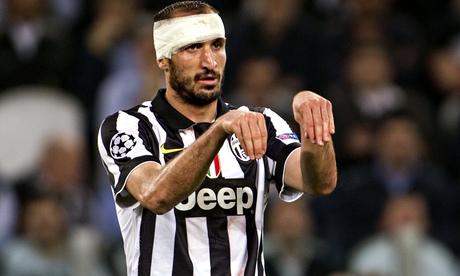
While the rest of the world gawped, Giorgio Chiellini simply shrugged. Leo Messi had scored an outrageous goal during Barcelona’s Copa del Rey triumph over Athletic Bilbao, dribbling past four opponents – one of them twice – before sweeping the ball in at the near post. But when the feat was mentioned at Juventus’s media session on Monday, Chiellini highlighted the paucity of the defending. “I don’t think Messi would have scored it in Italy,” he said.
Those words were received in Catalonia as a provocation. One columnist for the Barcelona-based newspaper Sport defined them as “ugly, unpleasant and unwelcome”. Their only redeeming feature, he wrote, would be the opportunity for Messi to stuff them back down Chiellini’s throat during the Champions League final.
That prospect evaporated when the defender injured a calf during training two days later, ruling him out of Saturday’s game. But the opportunity to test his hypothesis remains. Messi and his Barcelona team-mates will still square off against an exceptional defence in Berlin, with a trio of Italians at its core.
Juventus are expected to line up in the same 4-3-1-2 formation they have favoured for most of this season. Massimiliano Allegri’s first-choice XI would typically include Gigi Buffon in goal with Leonardo Bonucci and Chiellini ahead of him at centre-back – the bianconeri’s very own BBC. Chiellini is now likely to be replaced by Andrea Barzagli, who returned to training this week after 10 days out with a thigh problem.
Whisper it – or follow the lead of the Turin-based newspaper Tuttosport, and slather a “Keep Calm” slogan right across your front page – but Juventus may actually be better off. Chiellini is a vocal leader and exceptionally hard worker, as demonstrated by the fact he has covered more ground per game in this season’s Champions League than any other player barring his Juventus team-mate Stephan Lichtsteiner. Barzagli, though, is a more technically accomplished defender.
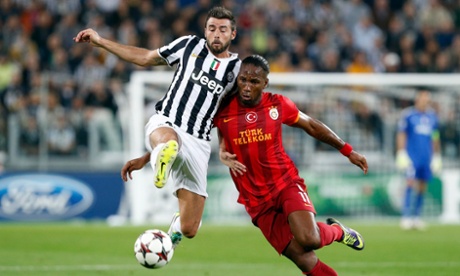
At the start of this week, before the present injury scenario had unfolded, Buffon was invited by Uefa.com to go through Juventus’s players one by one, listing their individual qualities. He described Chiellini as “our strong man”, saying the player’s great weapon was brute force. Barzagli was simply “an exceptional defender. Certainly among the best three or four in the world.”
This choice of words was revealing. Chiellini and Barzagli are very different players, and the former’s absence will certainly cost Juventus a degree of physicality in defence. But how much will that matter on Saturday? Is aggression an especially useful tool for containing Messi and company, or is the real challenge simply to keep up with Barcelona’s movements in the first place?
The debate over how to slow down the Argentinian has raged all week on the peninsula. Great defenders past and present have been sought for their views on how he may be contained.
Alessandro Nesta enjoyed some brilliant duels with Messi late in his career, and was at the heart of a Milan defence that kept a clean sheet against Barcelona at San Siro in March 2012. Even then, however, the rossoneri did ship seven goals in three other meetings that season. “Against Messi a bit of luck is essential,” conceded Nesta in one interview this week. “I kicked him a few times, too.”
Stylistically, Barzagli is closer to Nesta than to Chiellini – lean and light on his feet but still deceptively strong. Like the former Milan player, his best work is evidenced not by heroic last-ditch tackles but by the fact that fewer of those tend to be required when he is on the pitch. At 34, and coming off an injury-strewn campaign, Barzagli is past his physical peak but reads the game as well as anyone.
That alone will not be enough. Juventus’s hopes of containing Barcelona do not rest with any individual player but rather their ability to operate as a unit. Nesta argued the only way to contain Messi was to double up on him, since “it’s impossible to get the better of him in every one on one”, but pointed out that devoting too many resources to him would leave Neymar and Luis Suárez free to wreak havoc.
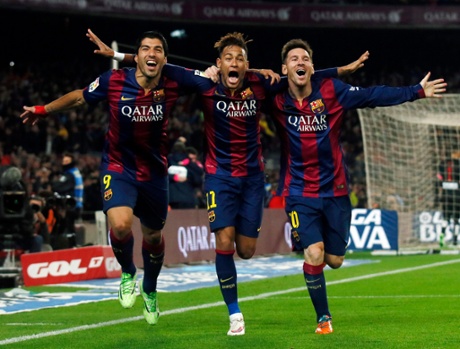
A coherent and consistent team shape is imperative. Juventus must construct a cage around Messi, and to do that their Italian central defensive core will need the help of a Swiss right-back, Lichtsteiner, and a French left-back, Patrice Evra, not to mention the range of nationalities represented in midfield and attack.
Will the team’s shared experience of playing in Serie A leave them better equipped for the task, as Chiellini implied? Perceptions of Italian football as defensive are, to a great degree, outdated. There were more goals scored in Serie A (1,024) this season than in either La Liga (1,009) or the Premier League (975).
On the other hand, both of Juventus’s starting centre-forwards have said their job is tougher in Italy than it was during previous stints in Spain and England. Since joining from Real Madrid, Álvaro Morata has observed “it is more difficult to score a goal in Italy”. Carlos Tevez described Serie A as “the university of football”, noting that teams are more tactically disciplined.
It is easy to scoff at such claims, given that both players have been as prolific at Juventus as anywhere else in their top-flight careers. But it is also true that Tevez has hit seven goals in 12 Champions League games this season, more than he managed in four tournaments with the two Manchester clubs combined. Could it be that Italian defenders have obliged him to sharpen his skills?
Perhaps not, and maybe those numbers are simply an anomaly. All we can say for certain is that Juventus possess the best defence in Italy, and have done for several years. Chiellini has been a big part of that but not an irreplaceable one. When he takes up his seat at the Olympiastadion, he will remain firm in his conviction that Italian defending can thwart the deadliest attacking trident in the world.
